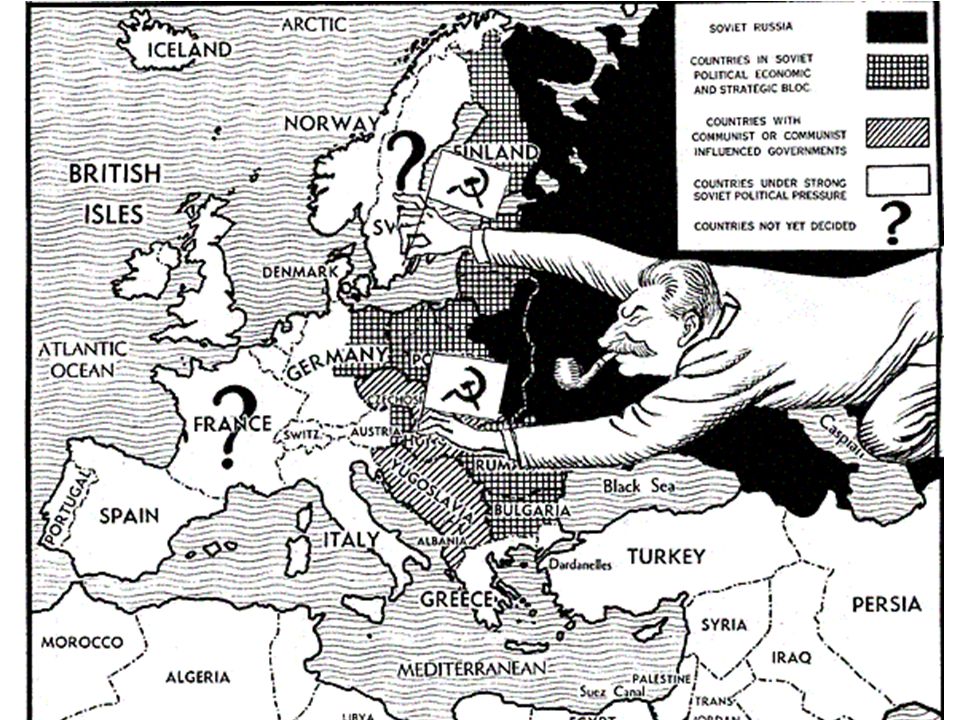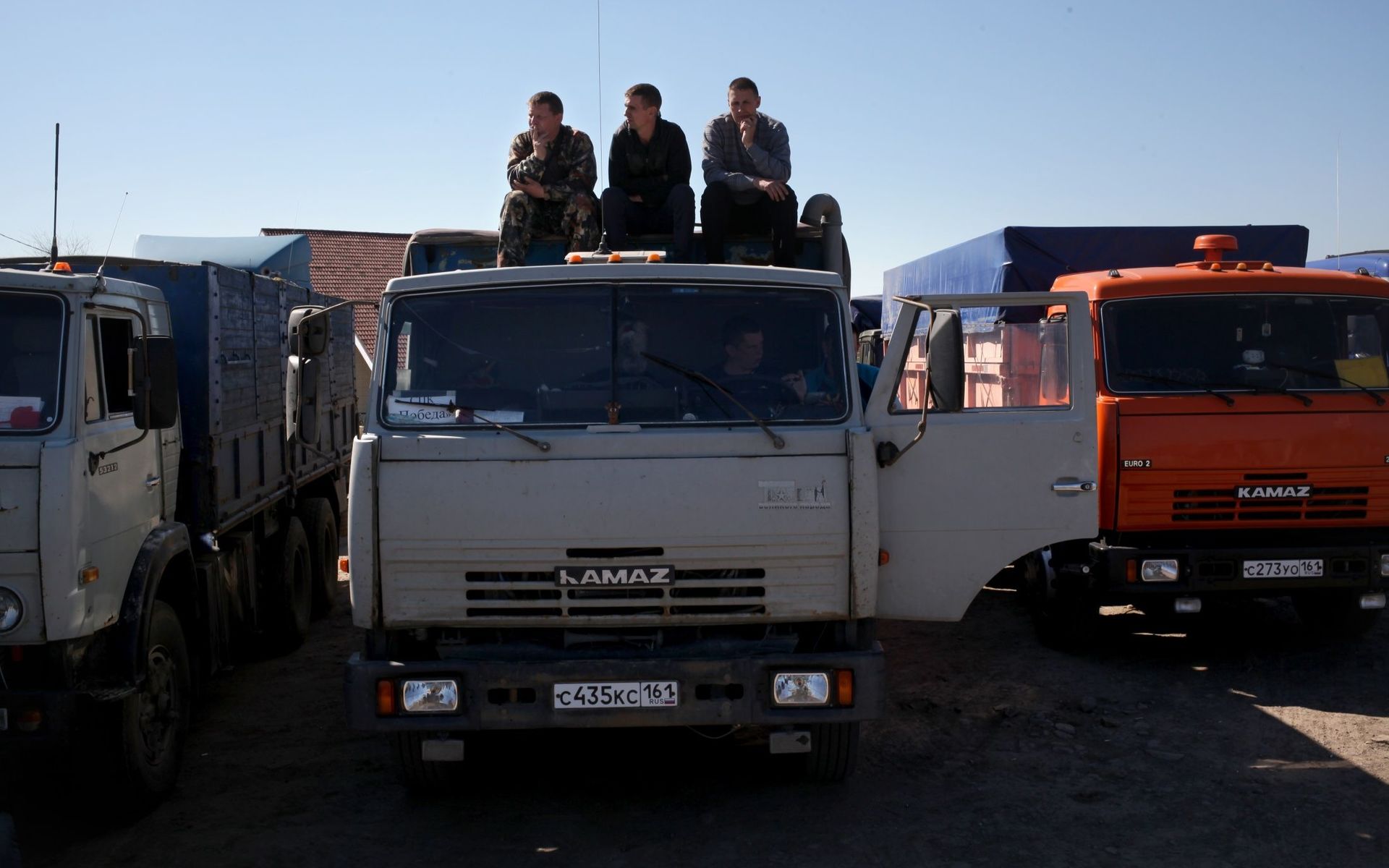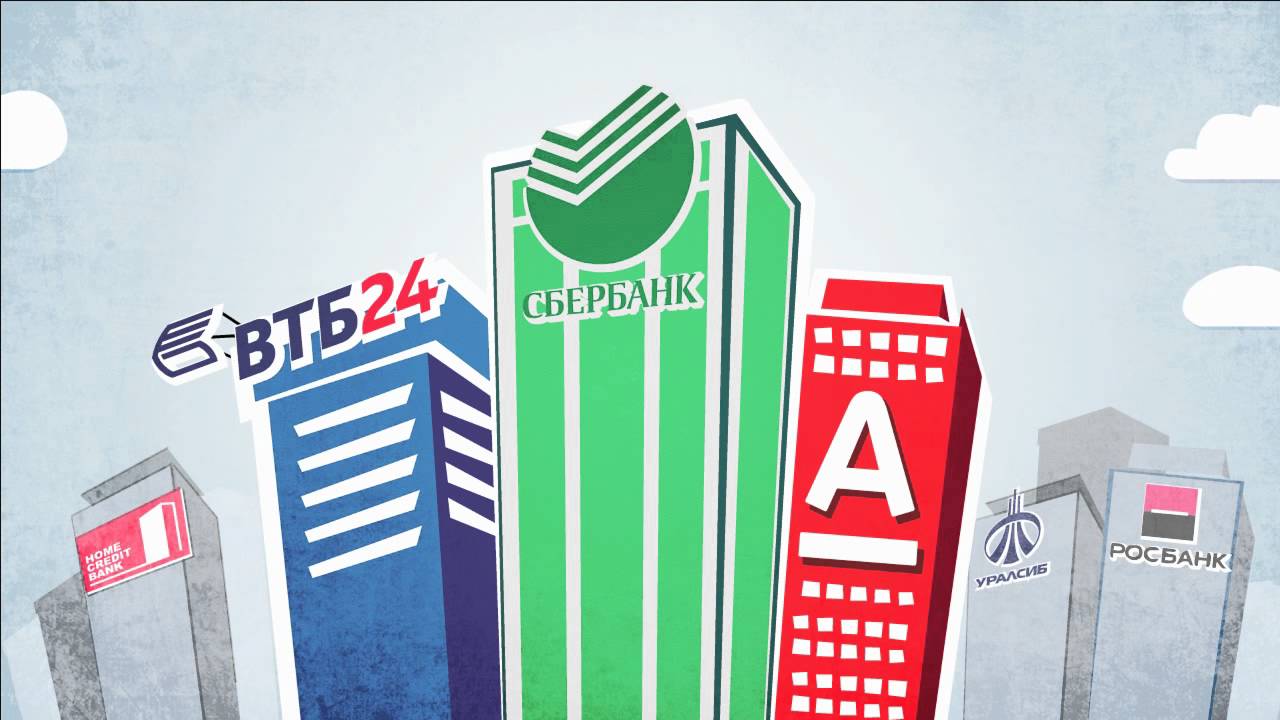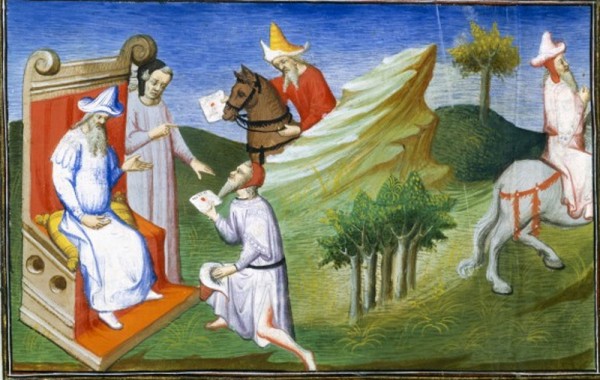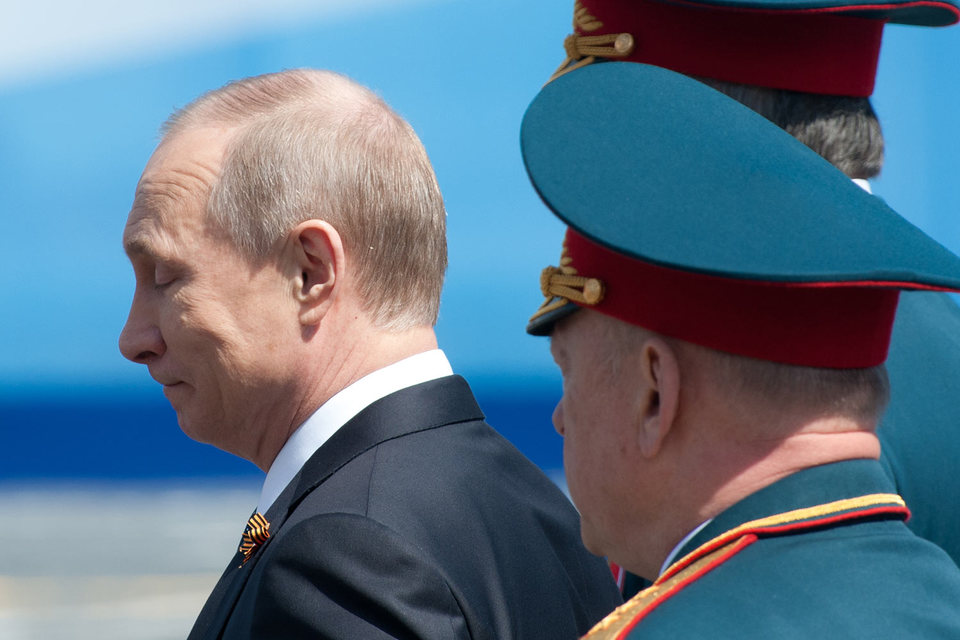For Russians, Victory Day is an ever more important date; but they act as if May 9 was the end of history and fail to see that the Soviet Army which first liberated Eastern Europe from the Nazis then became an occupying force for almost half a century, Moscow commentator Tatyana Ross says.
But because Russians are encouraged by the Kremlin to view Victory Day in isolation from what followed, she continues, they view the reaction of East Europeans to those events as efforts at “revision of the results of the Great Fatherland War” and as an impermissible defense of Hitler’s aggression.
Russians don’t ask themselves why, after the Red Army liberated Eastern Europe, it didn’t go home but instead “left IN ALL the liberated countries ‘a limited contingent’ of its forces” for decades, Ross says. And they don’t see the ways the liberation led to the occupation and the occupation led to Budapest, Vilnius and all the rest.
The anger Ukrainians, Balts and other East Europeans feel is the direct result of Russia continuing to “assert that it was only a liberator” and nothing else just as today Moscow insists that “there are no Russian soldiers in the Donbas” and that they are in Syria “only to help the toiling people.”
Unfortunately, she says, there are five reasons why the Kremlin won’t acknowledge this reality:
- First, “to recognize the USSR as the occupier of Eastern Europe means to reduce its own greatness in the victory” and to admit that the Soviets committed serious crimes along the way even if they had a triumph.
- Second, for the Kremlin to declare that the Soviet army was not only a liberator but an occupier means to tell Russians that among those who resisted it were not only Nazis but those who were legitimately fighting for their own freedom and independence.
- Third, such an admission undercuts the Kremlin’s insistence that Moscow conducts “only wars of liberation.”
- Fourth, to admit that the Soviet military was an occupier after 1945 requires an acknowledgement that it was an occupier before the German invasion of 1941 when as a result of the Molotov-Ribbentrop Pact occupied the Baltic countries, western Belarus and Ukraine, and part of Romania.
- And fifth – and this may be the most intolerable thing for the current occupant of the Kremlin – such a recognition requires not only the denunciation of the USSR for what it did but also the condemnation of the man Vladimir Putin calls “’a successful manager’ in the first instance.
Russians need to recognize that no one in Eastern Europe disputes that the Soviet army liberated them from the Nazis, but they also need to recognize that they have compelling reasons to view what the Soviet army and state did after that time and for almost 50 years was an occupation and not a liberation.
Related:
- Putin and Stalin fit right in at the “Immortal Regiment” event in Boston
- Volodymyr Vyatrovych: Hopefully Ukraine will soon commemorate Victory Day on May 8
- Putin’s Victory Parade – a horrific Orwellian exercise, Khots says
- “Immortal regiment” march in Toronto – shameful display of Russian propaganda
- Moscow completely restores and promotes Stalinist conception of WW2, Pavlova says
- Moscow analyst: Britain’s support for Poland, not Molotov-Ribbentrop, caused WW2, and its backing of Ukraine could trigger WW3
- Since 1945, Moscow has been involved in a military action on average every 2 years
- Moscow completely restores and promotes Stalinist conception of WW2, Pavlova says
- Even oppressed non-Russians made important contributions to war effort in WW2
- New Reichstag for Moscow children to storm – ‘a universal meme’ for Putin’s Russia, Movchan says
- Top-6 Soviet World War II myths used by Russia today




